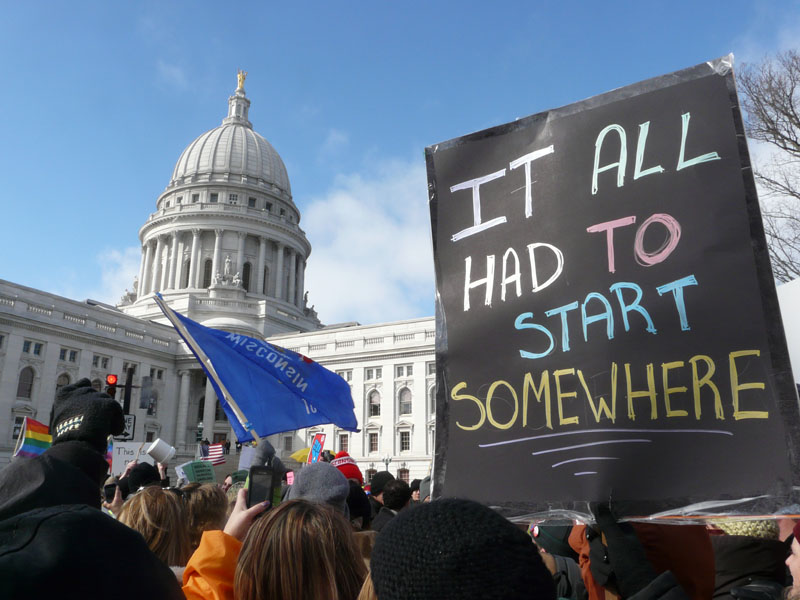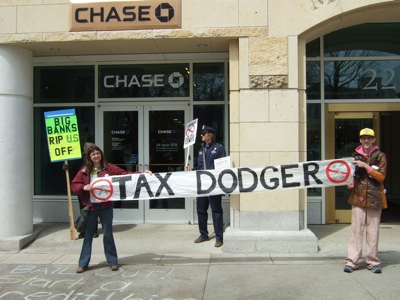On April 14 the House Oversight and Government Reform Committee, chaired by Darrell Issa (R-California), held a hearing on state and municipal debt where the key question was State Budget Cuts: Choice or Necessity?
Chairman Issa started off by framing the issue in a manner that was thrilling to Wall Street barons and corporate big wigs. He said that states will face a shortfall of $112 billion in 2012 and the reasons for this were "obvious." The primary reasons, according to Issa, are reckless spending and unfunded or underfunded pension funds. The 2008 Wall Street financial crisis and the staggering job loss, which caused state and federal tax revenues to tank, were not mentioned.
And so it went. Flying in the face of fact and reason, Republicans insisted that states spend too much and that the best way to attack the state deficit problem is on the back of unionized workers, their only organized opposition in the electoral arena.


 Since Monday, February 14, CMD reporters have been on the streets providing live coverage of the historic protests in Madison, Wisconsin and related legal and political battles. We focus on the corporations and spinmeisters pulling the strings. CMD is supported by small contributions from people like you.
Since Monday, February 14, CMD reporters have been on the streets providing live coverage of the historic protests in Madison, Wisconsin and related legal and political battles. We focus on the corporations and spinmeisters pulling the strings. CMD is supported by small contributions from people like you.
 At a rally held in front of Chase Bank on Capitol Square in Madison, Wisconsin today, a few dozen people gathered to air their grievances against Chase and other U.S. corporations who will pay no taxes for 2010. Jeff Kravat of
At a rally held in front of Chase Bank on Capitol Square in Madison, Wisconsin today, a few dozen people gathered to air their grievances against Chase and other U.S. corporations who will pay no taxes for 2010. Jeff Kravat of